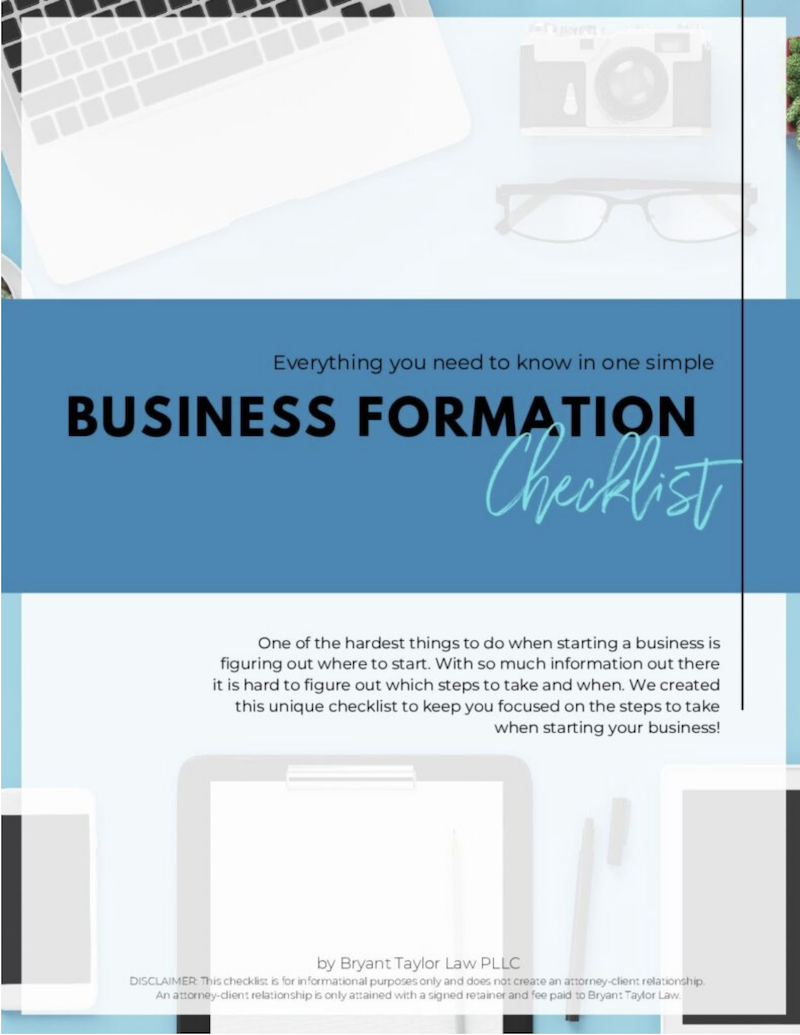 As the real estate market continues to thrive, we want to make sure you’re prepared and aware of the options available to real estate investors looking to expand their portfolios in Florida. We’ve talked a lot about owning real estate in your own name vs. owning real estate through the formation of Limited Liability Companies (LLCs). Another tool to keep in mind is forming a Land Trust.
As the real estate market continues to thrive, we want to make sure you’re prepared and aware of the options available to real estate investors looking to expand their portfolios in Florida. We’ve talked a lot about owning real estate in your own name vs. owning real estate through the formation of Limited Liability Companies (LLCs). Another tool to keep in mind is forming a Land Trust.
A land trust is a legal entity that controls property and keeps the actual ownership of the property private. Florida law (specifically Statute 689.071) outlines the terms under which a land trust must be governed and how to operate the trust.
These trusts provide flexibility as you can either put the trust in your own name or you could name an LLC you formed for your property as the trustee to oversee the land trust. It’s beneficial to form a land trust for every property you own, but you won’t have to form a different LLC to act as a trustee for each. Multiple trusts can be governed by one LLC. There are several key benefits to forming a land trust.
Privacy
The most obvious benefit is that forming a land trust conceals your name from the public records showing who owns a property. This allows you to keep the ownership of one or more properties private, protecting you from certain inquiries and other risks associated with public property ownership. Even the deed transferring the property into the trust may not publicly name who the involved parties are.
Financial benefits
When you own property in your own name, you won’t be able to keep transactions private from lenders with interest in the property. Additionally, many mortgages have acceleration or due-on-sale clauses that require the entire balance to be paid the moment a transaction is finalized involving the property. When you have a land trust, you are able to finance, transfer or complete other transactions involving the property without triggering the due on sale clause.
A trustee remains the controlling interest in a land trust, so it doesn’t matter who the beneficiary (owner) of the property actually is as long as the land trust remains in effect and in compliance. This is a huge benefit as some acceleration clauses can cost you hundreds of thousands of dollars upfront.
Avoid probate
Trusts that are properly funded avoid the probate process when you pass away. This means as long as you’ve properly transferred the property into the trust you won’t have to concern yourself or your loved ones with the probate process.
These trusts will have already established who the beneficiary to the trust becomes at the time you pass away. Estates that go through probate become public records, but if you have a trust established the transfer of the property will remain private along with the new owner of said property.
At Bryant Taylor Law, we don’t do estate planning but we do help our clients with business succession planning. Land trusts are an excellent private tool to protect and move your investments. We can help you form LLCs and land trusts to get your portfolio right and on track to pass on to loved ones when the day comes. Contact our team and get your business succession plan in place.
ventus
Latest posts by ventus (see all)
- The Role of a Business Attorney in Estate Planning - October 13, 2022




